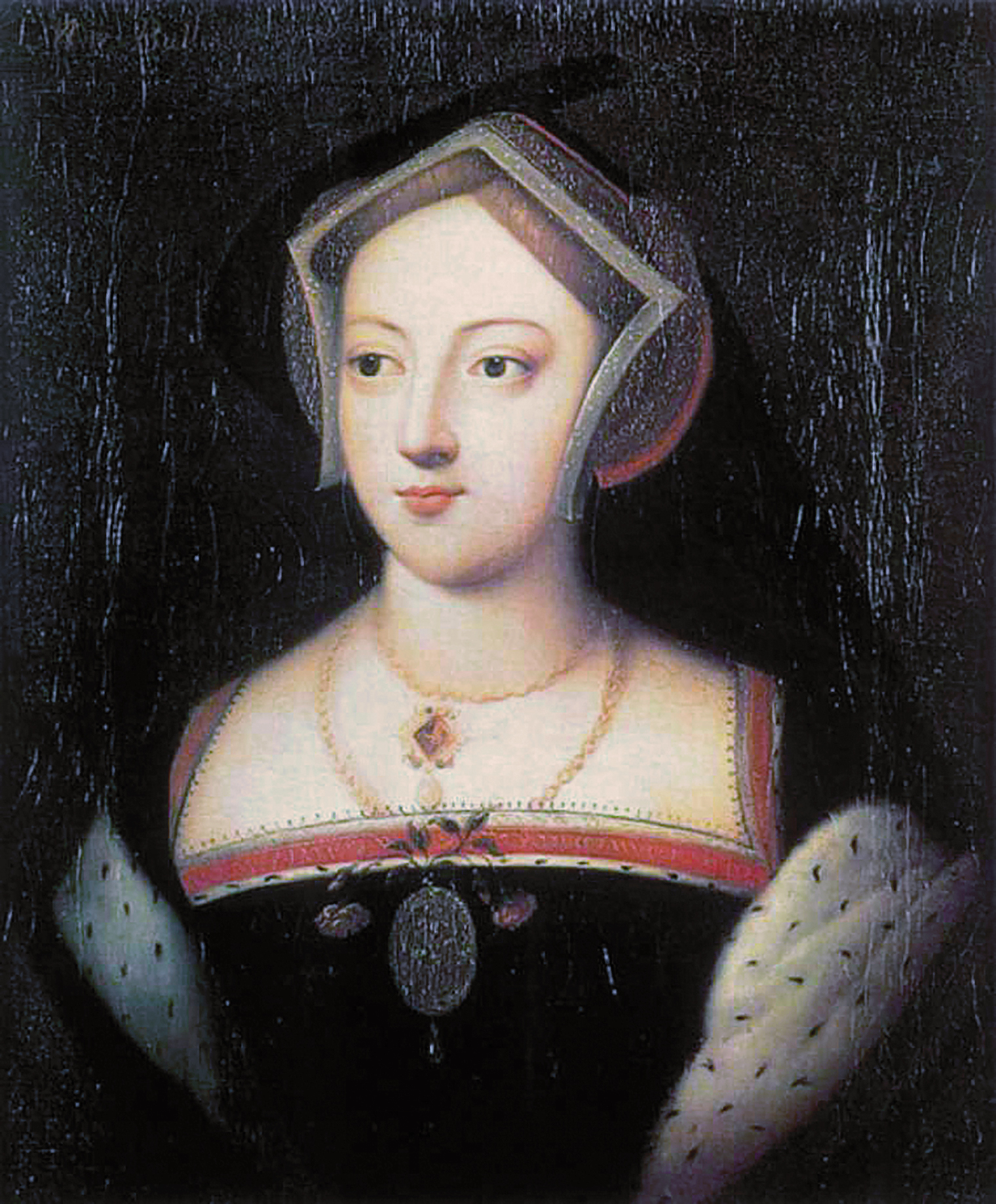Now, I am a HUGE fan of Alison Weir, having discovered her when she published her genealogical tome, Britain's Royal Families, in 1989. That book still maintains biblical status among my royal collection, and I would love to see an updated edition now that another generation has elapsed. Hint. Hint. It is a work borne out of an incredible amount of extremely detailed research, but it is definitely a reference book and not in any way intended to be read as prose.
Britain's Royal Families was Weir's first book and she followed it with several well-researched but very readable biographies of Britain's medieval, Yorkist, Lancastrian and Tudor royal ladies from Eleanor of Aquitaine and Isabella of France to Henry VIII's mother, wives and children, and most recently his niece Margaret Douglas, among others. In fact, given her extremely deep and broad research, it is almost unbelievable that she has managed to publish 17 works of nonfiction plus seven novels in 27 years. Simply amazing.
 |
| A portrait purported to be of Mary Boleyn, but Weir disputes this claim among many others. |
What I was not expecting was how ill-prepared I was to read Mary Boleyn. Having studied methodology of history as part of my undergraduate degree, I generally feel up to snuff in serious conversations with serious historians and generally feel intelligent when reading their work. In this case, however, I felt more like I was eavesdropping on a conversation that was not meant for me. Like the youngster allowed to sit at the adult table for the first time. The manner in which Weir addresses the ambiguity and sparsity of information about the real Mary Boleyn is to frequently "debate" with other researchers and historians from across the centuries. But, she doesn't provide the reader with the full context of the argument as part of the main text. Instead, she merely references previous scholarship as if the reader is already familiar, supports it or refutes it (often) and then smacks an end notes number on it allowing the reader to go do her own research into the matter. Most of the chapters have about 100 such notes; one chapter has 123! Such notes are absolutely necessary to provide reference (and I always felt sorry for my professors who had to sort through them!) but they don't do much to help the reader actually READ the book.
It also feels like Weir expects the reader to know more about Mary herself before reading page one--an almost impossible task given Mary's obscurity. For instance, she casually mentions Mary's scandalous second marriage out of context while discussing things that happened years earlier. This makes me uncomfortable. It's like being at a cocktail party where everyone else already knows something you don't know so you just nod your head so you don't look like such an idiot. More importantly, in this case, these jolting revelations go that additional mile toward ruining what little narrative exists in the book. It is poor storytelling to spoil the ending.
Perhaps I came to the book too casually. I believe Alison Weir's books are serious biography so I do not in any way wish that she would "tone it down" with the scholarship. In this case, though, I think she could have shined up the narrative storytelling just a bit to make the information more digestible. After all, one cannot simply discuss the British constitution by saying "Walter Bagehot* was wrong." It presumes a knowledge of Bagehot that few readers will possess.
Nevertheless, I would never not recommend an Alison Weir book. It is still excellent and, at this point, may be the definitive work about Mary Boleyn. Just come prepared to use your internet search engine if you want to fully understand what she's writing. Or, better yet, read it in the library with the reference staff waiting on point to bring you additional materials.
*Look it up. (Annoying, I know, with not even a hot link to get you there, but that's exactly my point.)
What a thorough and insightful commentary. It needs wider publication - Cheryl you are hiding your light under a bushel here....
ReplyDeleteWow! Thanks! If you know any publishers, I'm up for the challenge! LOL
DeleteI wish I did!
Delete